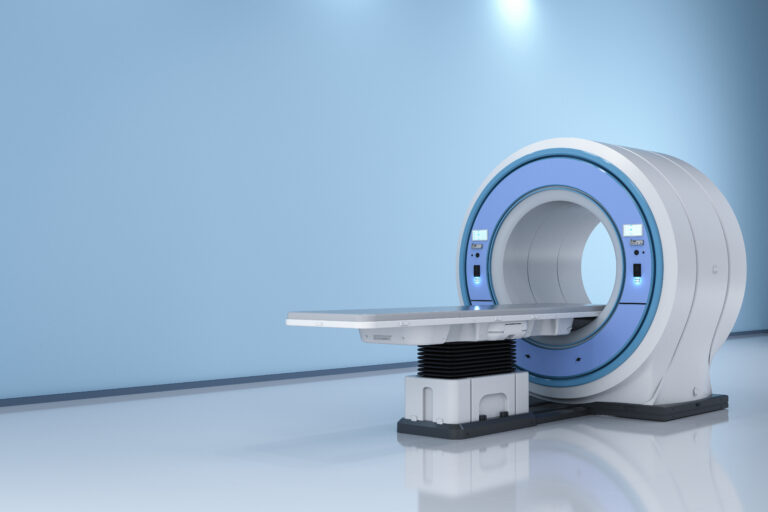Deciding whether to work out when you’re sick depends largely on the type and severity of your illness, your symptoms, and your overall health. Generally, mild illnesses with symptoms “above the neck” such as a runny nose, nasal congestion, or a mild sore throat may allow for light to moderate exercise, but more severe symptoms or systemic illness usually call for rest and recovery.
**Understanding the “Above the Neck” Rule**
A common guideline used by health professionals is the “above the neck” rule. If your symptoms are limited to the head and neck area—like a mild cold, sneezing, or a scratchy throat—light to moderate exercise such as walking or gentle cycling might be okay and could even help boost your immune system[1]. However, if you have symptoms below the neck such as chest congestion, a hacking cough, body aches, fatigue, or fever, it’s best to avoid working out until you feel better[1][4].
**Why Rest Is Important When Sick**
When your body is fighting an infection, it needs energy to support your immune system. Exercising intensely during illness can divert energy away from this fight and potentially prolong recovery or worsen symptoms[4]. Fever, in particular, is a sign that your body is actively combating infection, and exercising with a fever can increase the risk of dehydration, dizziness, and even heart complications[2]. The Centers for Disease Control and Prevention (CDC) advises staying home and resting until your symptoms improve and you have been fever-free for at least 24 hours without fever-reducing medications[2].
**Types of Exercise to Consider When Mildly Sick**
If you feel well enough to move, low-impact activities such as walking, gentle yoga, or light stretching are preferable. These activities can help maintain circulation and may even support immune function without overtaxing your body[1]. Avoid high-intensity workouts, heavy lifting, or endurance training when sick, as these can increase stress hormones and suppress immune responses temporarily[1][3].
**Special Considerations for Chronic Conditions and Older Adults**
People with chronic illnesses like asthma, diabetes, or heart disease should be especially cautious. Respiratory infections can exacerbate these conditions, so it’s important to consult a healthcare provider before exercising while sick[1]. Older adults are also at higher risk for complications from infections and should prioritize rest and recovery[1].
**When to Seek Medical Advice**
If your symptoms worsen, last longer than about 10 days, or include severe signs such as difficulty breathing, chest pain, persistent high fever, or confusion, seek medical attention promptly[4][5]. Also, if you have a sinus infection or suspect a bacterial infection, rest and medical treatment may be necessary rather than exercise[5].
**Hydration and Nutrition During Illness**
Regardless of exercise, staying well-hydrated and nourished supports recovery. Drinking fluids, eating balanced meals, and getting adequate sleep are critical. Some supplements like vitamin C and zinc may slightly reduce the duration or severity of colds but are not substitutes for rest[6].
**Balancing Activity and Rest**
If you have been inactive due to illness, start slowly when you return to exercise. Gradually increase intensity and duration as your energy improves[3]. Pushing too hard too soon can lead to setbacks.
**Summary of Practical Advice**
– Mild cold symptoms without fever: light exercise like walking or yoga may be okay.
– Fever, body aches, chest congestion, or fatigue: avoid exercise and rest.
– Stay home to avoid spreading illness to others[2][7].
– Prioritize hydration, nutrition, and sleep.
– Consult a healthcare provider if unsure or if symptoms worsen.
This approach balances the benefits of physical activity with the need to allow your body to heal, reducing the risk of complications and promoting a quicker return to full health.
—
**Sources:**
[1] Healthline, Seniors Guide to Staying Healthy from Cold, Flu, and COVID-19, 2025
[2] CDC, Flu Prevention and When to Stay Home, 2025
[3] MedlinePlus, Health Risks of an Inactive Lifestyle
[4] California Department of Public Health, Respiratory Viruses Guidance
[5] Cleveland Clinic, Sinus Infection vs. Cold
[6] Cleveland Clinic, Vitamin C and Zinc for Colds
[7] Vermont Department of Health, What to Do if You’re Sick





